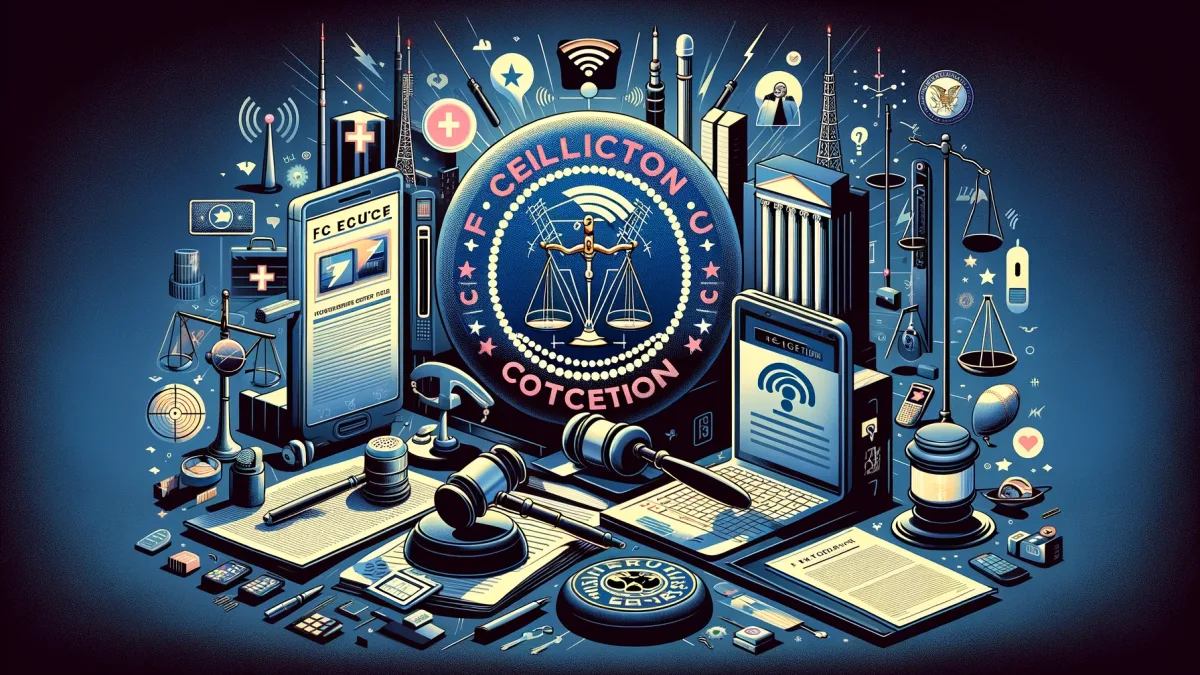Hey there, digital denizens and privacy advocates! Today, we’re diving into a topic that’s buzzing with controversy and confusion: cellular blockers. Whether you’re a cinema enthusiast tired of glowing screens or a business owner seeking to protect trade secrets, the question remains: Are cellular blockers legal? Let’s cut through the noise and clarify the U.S. law on this matter.
What Are Cellular Blockers?
First off, cellular blockers, also known as cell phone jammers, are devices designed to interfere with cellular communications. By emitting signals on the same frequencies used by mobile phones, these devices effectively “jam” the communication line, preventing devices from making or receiving calls, texts, or using internet services.
The FCC’s Stance on Cellular Blockers
The Federal Communications Commission (FCC) is the governing body that oversees and regulates all forms of communication in the United States, including cellular networks. According to the FCC, the use of cellular blockers is unequivocally illegal for the public. The FCC’s regulations are clear: it is a violation of federal law to use, sell, distribute, or import cell phone jammers in the United States.
Keyword Spotlight: “Communications Act of 1934”
The legal foundation for the FCC’s prohibition of cell phone jammers lies in the Communications Act of 1934, which established the FCC and set forth regulations to manage all U.S. interstate and international communications. The Act mandates that no person shall willfully or maliciously interfere with any radio communications of any station licensed or authorized under the Act or operated by the U.S. Government.
Why Are Cellular Blockers Illegal?
The rationale behind the ban on cellular blockers is multifaceted:
- Public Safety: Cellular blockers can prevent communication during emergencies, disrupting calls to first responders, 911 services, and other critical communications.
- Interference with Licensed Spectrum Users: Cellular networks operate on frequencies licensed by the FCC. Using jammers interferes with these licensed operators, including public safety networks and personal communications.
- Privacy Concerns: While some advocate for the use of jammers to protect privacy, the FCC maintains that the potential for misuse and the broad impact on lawful communications outweigh the benefits.
Exceptions to the Rule
It’s worth noting that while the general public is prohibited from using cellular blockers, there are very limited exceptions under federal law for federal agencies. These exceptions are tightly regulated and require specific authorization, reflecting the serious nature of jamming activities.
The Consequences of Using Cellular Blockers
The FCC has been active in enforcing the ban on cellular blockers. Individuals and entities caught using, selling, or distributing jammers face significant fines, confiscation of the illegal devices, and potentially criminal charges. The FCC encourages the public to report the illegal use of cell phone jammers through their website.
Legal Alternatives for Managing Cellular Communications
For those seeking to limit cellular communications in specific settings (e.g., theaters, schools, or businesses), the FCC recommends exploring legal alternatives. These might include establishing policies for cell phone use, investing in technology that requires cell phones to be silenced or turned off, or creating areas designated for cell phone use.
Final Thoughts: Stay Connected, Legally
In our hyper-connected world, the allure of instant silence via a cellular blocker might seem tempting. However, the legal and ethical implications of using such devices are clear. Respecting the law and seeking lawful ways to manage cellular communications is paramount.
As we navigate our digital lives, let’s remember that the laws in place are designed to protect our safety, privacy, and the integrity of communications networks. While the debate around cellular blockers and privacy continues, adhering









Leave a Reply